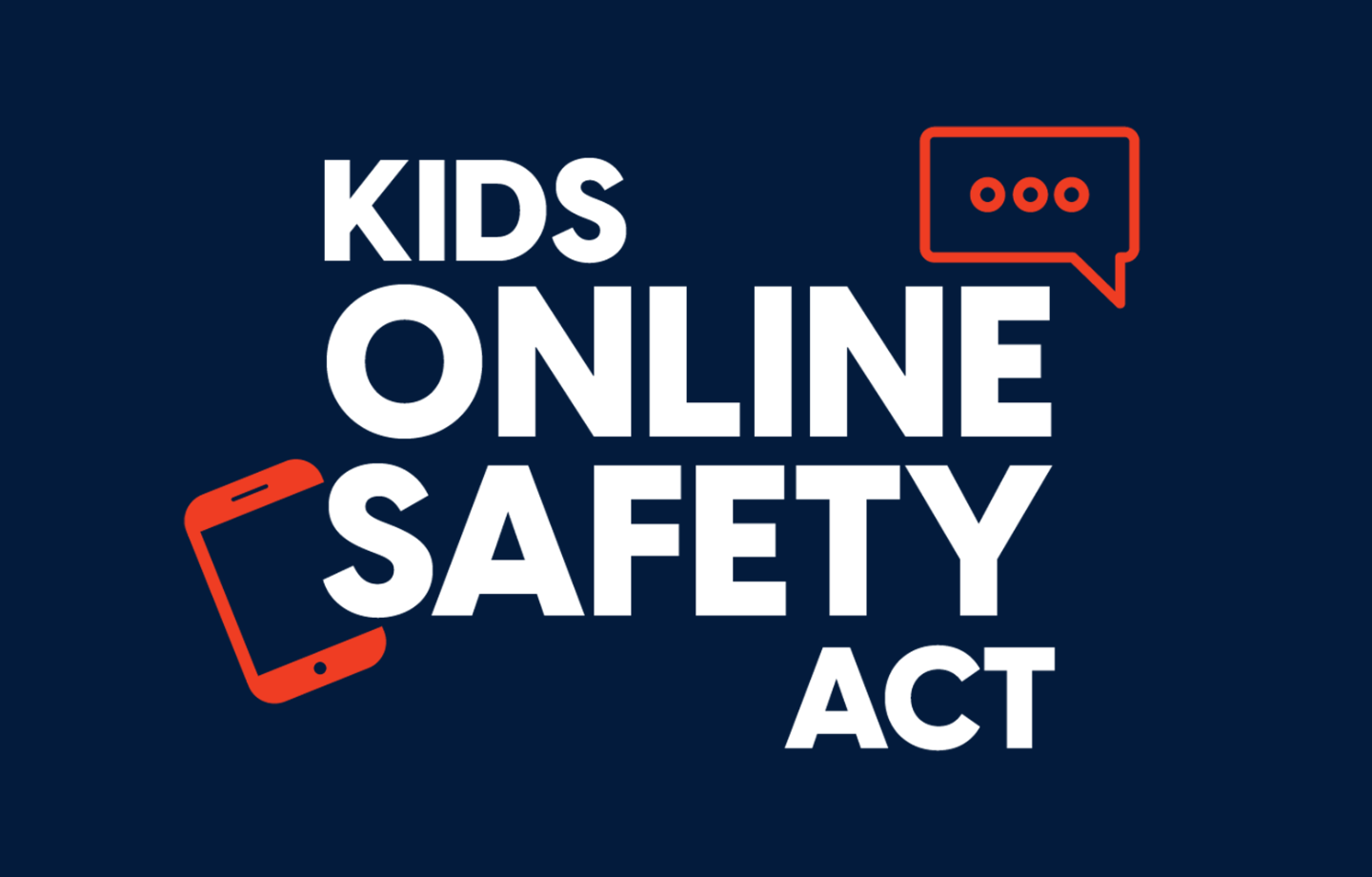The Supreme Court Protects Social Media Platforms’ Ability to Filter Out Harmful Content

July 11, 2024
[Republished from Just Security.]
On one level, the Supreme Court’s recent decisions in the NetChoice social media cases produced an anticlimactic do-over. The justices unanimously set aside conflicting lower court rulings on laws enacted by Texas and Florida that restrict how social media companies moderate content on their platforms – and told the lower courts to go back to the drawing board.
The New York Times described the consolidated ruling as “the most recent instance of the Supreme Court considering — and then dodging — a major decision on the parameters of speech on social media platforms.”
Granted, the high court did not provide any final answers on the constitutionality of the controversial Texas and Florida laws. But in a majority opinion written by Justice Elena Kagan, six members of the Supreme Court, including three of its conservatives – Chief Justice John Roberts, and Justices Brett Kavanaugh and Amy Coney Barrett – agreed that the First Amendment protects content choices made by social media companies in much the same fashion that it protects editorial choices made by traditional newspapers. That in itself constitutes an important clarification of how free speech operates online.
For my full analysis of this important case, please read this article on the Just Security website.
 Technology & Democracy
Technology & Democracy


